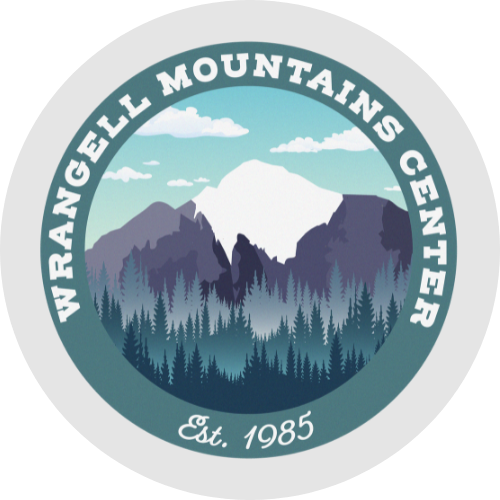The Wrangell-St. Elias Research Summit
The Wrangell-St. Elias Research Summit was organized and hosted by the Wrangell Mountains Center (WMC) in McCarthy, Alaska on July 6-7, 2009. The event was conducted primarily at the Old Hardware Store, headquarters of the WMC, but included events at the Kennecott Recreation Hall. Highlights included:
Keynote talks by leaders in their fields, including both National Park Service and academic scientists
A community dinner at the Hardware Store, followed by a lecture by Professor Bill Morris of Duke University, attended by over 100 people, including Summit participants, local residents, and Park visitors
A round table discussion of research priorities and needs in WRST
A poster session in the Kennecott Recreation Hall open to the community
A public potluck dinner at the Rec Hall followed by “Changes in the Land,” a moderated panel discussion featuring long-time local residents of the Park
Attendance at the event was excellent. Thirty-one people pre-registered for the free Summit, and attended almost all of the activities. This group included a mix of NPS staff, academic scientists, other agency representatives, and nonprofit leaders. In addition, 50-100 participants joined for the evening presentations, as well as the community dinners. For many, the greatest highlight was the “Changes in the Land” panel discussion, a conversation between an inquisitive audience and five long-time residents of what is now the park: Kirk Ellis (Nabesna), Kelly Bay (McCarthy), Mark Vail (Fireweed Mountain), JoeNeal Hicks (Mentasta), and Ben Shaine (Kennicott). This discussion of ecological and social changes kept the audience rapt for nearly two hours, and after a question and answer sessions, the Summit ended with a standing ovation for the panelists.
The primary goal of this Summit was to introduce members of the research community to each other; this seemed very successful with good spirits and conversations throughout the two days. In addition, practical accomplishments included dissemination of research permitting information, sharing of knowledge about resources available to scientists, and the initiation of a working group dedicated to convening a subsequent meeting to develop a “white paper” outlining research goals for the Park with a goal of informing WRST’s upcoming RSS process. Summit participant Dan Doak, a professor at the University of Wyoming, led this effort.
The workshop was supported by funds from the Murie Science and Learning Center ($3000), Wrangell-St. Elias National Park and Preserve ($2000), and in-kind support from Alaska Pacific University ($2500 for planning and organization by the convener) and Wrangell Mountains Center ($2500 for organizational labor by the Executive Director and other staff). This support allowed the event to run with no cost to participants, including three homemade meals each day and refreshments. We hope the next Research Summit will attract even larger numbers of scientists and researchers while featuring a full menu of presentations and activities.

